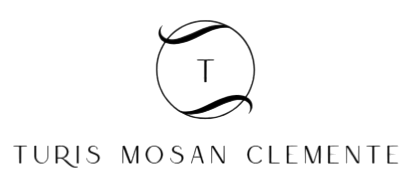Residential mental health treatment serves as a vital lifeline for teens grappling with complex emotional and psychological issues, offering a profound opportunity for healing and recovery. Adolescence is a period fraught with developmental upheaval, and for some teenagers, this stage can be further complicated by severe mental health challenges such as depression, anxiety, or trauma. Residential treatment programs provide a unique and powerful solution by immersing teens in a supportive, therapeutic environment designed to address their specific needs comprehensively and effectively. One of the primary benefits of residential mental health treatment is the creation of a stable and controlled environment. Teens facing mental health issues often come from backgrounds where instability and dysfunction may exacerbate their struggles. By removing them from these potentially harmful environments and placing them in a structured, therapeutic setting, residential programs offer a safe space where healing can take place free from external pressures and triggers. This separation allows teens to focus entirely on their recovery without the constant strain of their previous circumstances.
In these programs, a holistic approach to treatment is paramount. Individual therapy is a cornerstone, providing teens with one-on-one sessions with mental health professionals to delve into their personal challenges and develop effective coping strategies. This personalized attention helps them gain insight into their conditions, fostering self-awareness and promoting emotional growth. Alongside individual therapy, group therapy sessions play a crucial role in the treatment process. They offer teens the chance to connect with peers who are navigating similar struggles, creating a supportive community where shared experiences can lead to mutual understanding and encouragement. Educational support is another critical component of mental health treatment for teenagers in Phoenix. Many teens dealing with mental health issues have faced interruptions in their education due to their struggles. Residential programs often include academic support to help students keep up with their schooling, providing tutoring or structured learning environments that help prevent educational setbacks.
This focus on education not only aids in academic progress but also contributes to a sense of normalcy and achievement. Additionally, residential treatment programs incorporate various recreational and life skills activities that are essential for holistic recovery. Engaging in creative outlets, sports, or hobbies helps teens build new interests and develop a sense of accomplishment outside of their mental health struggles. Life skills training, such as learning effective communication, problem-solving, and stress management, equips teens with practical tools that are essential for their future success and well-being. Overall, residential mental health treatment offers a powerful and transformative opportunity for teens in need. By providing a stable environment, personalized therapy, educational support, and opportunities for personal growth, these programs address the multifaceted needs of adolescents and guide them towards recovery and resilience. Through this comprehensive approach, residential treatment helps teens rebuild their lives, fostering hope and laying the foundation for a healthier future.
